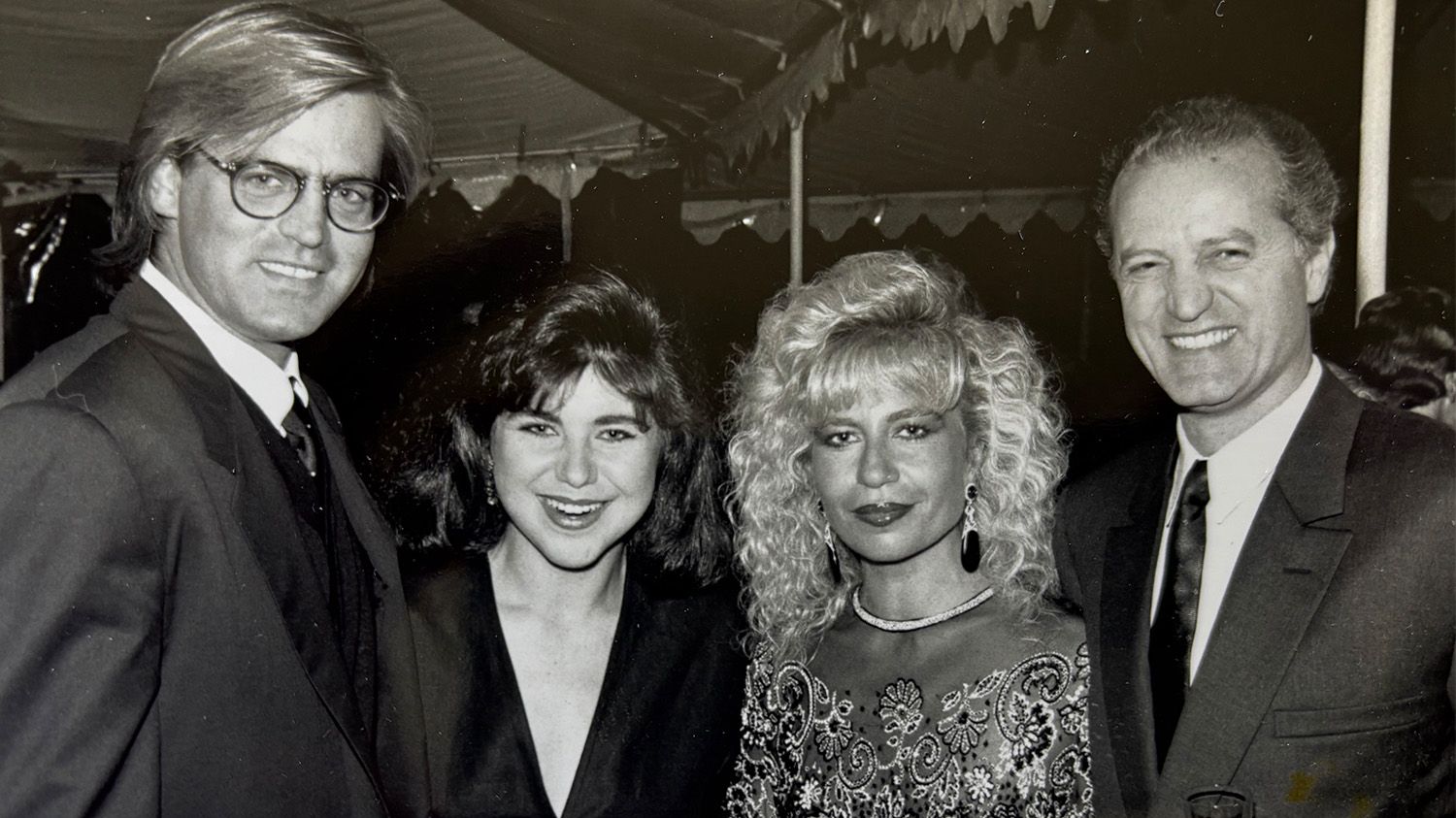Why Half in is Half-Ass?

Want to this listen to this article instead? Tune in here.
I’ve been thinking about commitment.
Why does commitment have to be such a zero-sum game? Or does it?
Regarding most behaviors, a little bit is better than nothing. The foundation of successful coaching is helping folks take one small step at a time. Small steps forward can be a powerful strategy for attaining seemingly daunting and impossible goals.
But when it comes to commitment, taking small steps doesn’t do the job.
We believe that giving 50% of our commitment to a task or goal will result in at least 50% of the expected benefits. However, this belief is fundamentally flawed.
Being half in is to not be in at all.
Being half present is to be absent.
Being half responsible is to be irresponsible.
Being half interested is to be disinterested.
Being half committed wastes our time and focus, and in the long run, it destroys our reputation and relationships. This happens when we tell people we’re committed to something, yet we haven’t done the internal work of convincing ourselves of it. We jump into projects, relationships and goals without slowing down to understand if we’re all in. Being all in doesn’t guarantee success, but it preserves our self trust and reputation in other people’s eyes. Deep down, we always know if we did absolutely everything we possibly could in service of a commitment.
The most significant cost of being half committed is losing our ability to count on our word. Forget about what others think about you (or don’t), but what you think about yourself is the absolute decider of your level of confidence and self-esteem.
When we are half committed, we are doubling down on the belief that we don’t have what it takes to finish the job, make it through tough times, and do hard things.
Of course, we are unaware of this in the moment of difficulty and we choose all kinds of reasonable explanations for abandoning our commitment.
Once the emotions subside and our thinking clears, if we have a baseline of self-awareness, we realize that we were never truly committed to the endeavor, relationship, or goal we abandoned.
Our capacity to commit expands through practice, not inherited through a genetic mutation. Like any other behavior, it’s harder to develop if we haven’t seen it modeled for us, but it’s not impossible.
Here, I speak from an unfortunately abundant breadth of experience because, for a few seminal decades, I didn’t understand how commitment works. The most significant roadblock to cultivating my commitment muscle was a simple misunderstanding. The misunderstanding of confusing Intention with Commitment.
The two are related but vastly different from each other in their impact on our lives.
An intention is a hope and a desire. It’s a thought without an action plan. In contrast, a commitment is a desire with a clear action plan attached to it. Intentions live in our heads, but commitments live in our souls and, crucially, in our calendars.
An intention is often the starting point and a prerequisite for a commitment. But on its own, it’s not sufficient to create an impact in the real world. Only actions create results, and only commitments, not intentions, drive actions.
Now that you understand the true meaning of commitment, I hope you will take time to assess whether you want something to be an intention or a commitment before making a decision.
If you make this pre-decision practice a part of your everyday life, you will make very few commitments. That’s how it’s supposed to be!
Here are six steps to set you up for success:
- Master your understanding of Commitment vs. Intention, and make sure you make very few, if any, commitments. It’s better not to make any than not showing up for yourself when you make a meaningful commitment.
- Create a sustainable action plan to honor your goal. Take your time with this piece, and make sure your actions are broken down into bite-sized chunks that are realistic and doable. Committing to a 10-minute daily walk that you can easily do is better than committing to an hour a day at the gym.
- Put your action plan on your calendar and honor it like a doctor’s appointment or a meeting with your boss.
- Not wanting to do what you have committed to is 100% going to be the case on many days. Take action and honor your calendar anyway. You will look back on these days later and feel proud of doing the hard thing. This process is how self-confidence is built.
- Get support. Whether it involves shared goals, working with a Professional Coach, or committing to an accountability partner, recognize that support is essential for accomplishing significant goals.
- Forget about the law of attraction and practice the law of creation. It’s a lot more fun!
Photo: Imgflip







